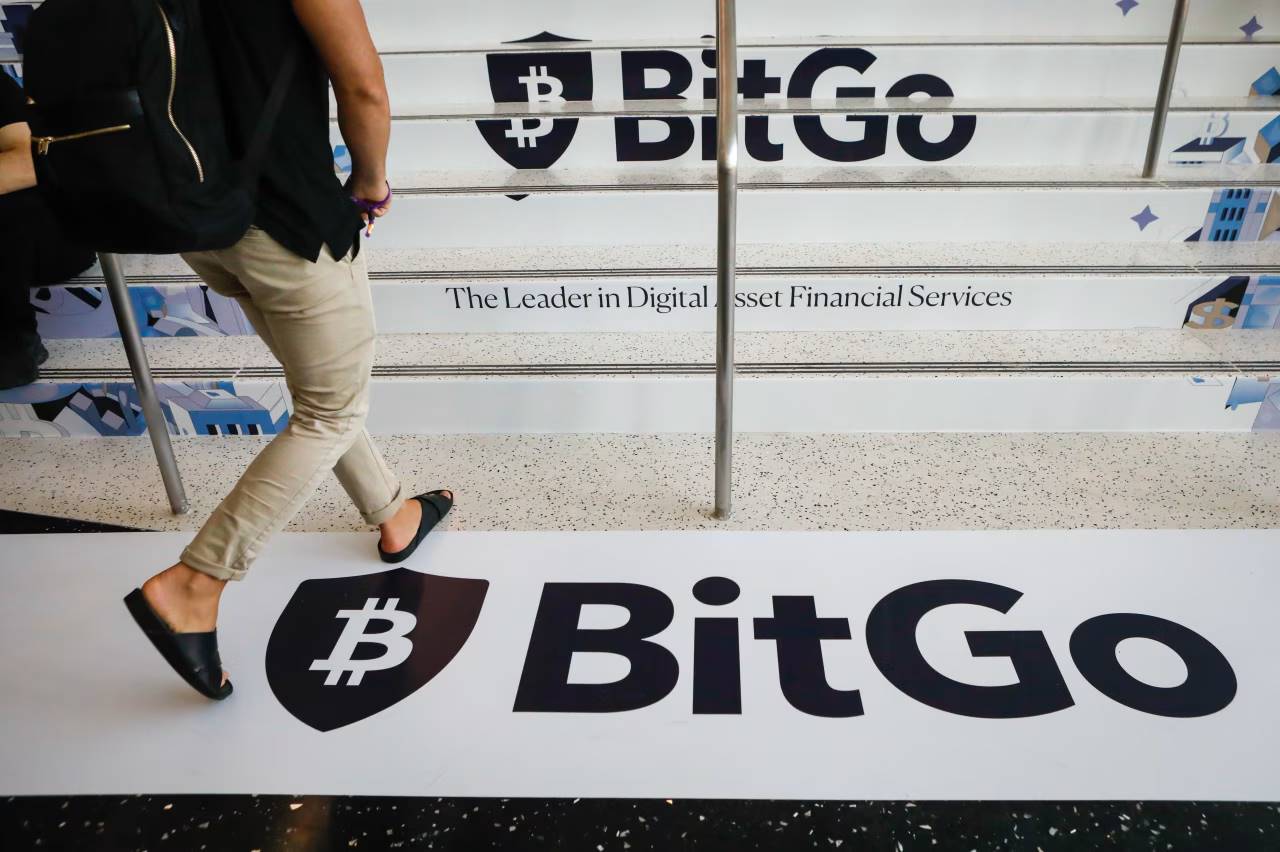Cryptocurrency is deeply embedding itself into the banking system.
Authors: Gina Heeb & Vicky Ge Huang
Translated by: Deep Tide TechFlow
Following the collapse of FTX and the failure of two banks that supported cryptocurrency, regulators have cracked down on the industry, prompting some traditional financial institutions to part ways with the sector two years ago. However, President Trump’s promise to make the U.S. a "Bitcoin superpower" has paved the way for further integration of cryptocurrency into the banking system.
According to insiders, a group of cryptocurrency companies, including Circle and BitGo, plans to apply for bank charters or licenses. Other sources indicate that cryptocurrency exchange Coinbase Global and stablecoin company Paxos are also considering similar moves.
Meanwhile, the Trump administration is pushing to incorporate cryptocurrency into the mainstream financial system, and Congress is advancing two bills that would establish a regulatory framework for stablecoins, which allow people to easily enter and exit the more volatile cryptocurrency market. Legislation will require stablecoin issuers to obtain charters or licenses from regulators.
Some cryptocurrency companies are interested in national trust or industrial bank charters, which would allow them to operate more like traditional lending institutions, such as accepting deposits and issuing loans. Other companies are pursuing relatively narrow licenses to allow them to issue stablecoins.
The Trump family's cryptocurrency project "World Liberty Financial" announced plans last month to launch a stablecoin called USD1. According to insiders, the reserves for this stablecoin will be secured by the crypto custody firm BitGo, which is close to submitting a bank charter application.
Any cryptocurrency company that obtains a bank charter will be subject to stricter regulatory oversight.
As of now, Anchorage Digital is the only cryptocurrency company in the U.S. with a federal bank charter, and it has stated that it has spent tens of millions of dollars to comply with regulations.
In 2022, a banking regulator issued a consent order to Anchorage, citing deficiencies in its anti-money laundering practices.
"This is not easy," said Anchorage CEO Nathan McCauley, whose company received its charter in 2021. But he stated, "All of the regulatory and compliance obligations of a bank can be combined with the crypto industry."

BitGo is one of the crypto companies planning to apply for a bank license.
The San Francisco-based company became one of the custodians for BlackRock's iShares Bitcoin Trust this year, collaborating with Coinbase. Anchorage has also partnered with Cantor Fitzgerald and crypto custody firm Copper to service the company's $2 billion Bitcoin-backed loan program. Tether is a major client of Cantor, which was previously led by Commerce Secretary Howard Lutnick.
Stablecoins are pegged to the U.S. dollar or other government-issued currencies, with reserves held in cash or cash-like assets similar to government bonds to maintain a one-to-one value ratio. Tether is the largest stablecoin by market capitalization, valued at $145 billion, while Circle's USD Coin is the second-largest stablecoin, with approximately $61 billion in circulating tokens.
Just a few years ago, following the collapse of FTX, regulators cracked down on the industry, and major banks severed ties with cryptocurrency companies. After the failures of Silvergate Capital and Signature Bank, many industry founders struggled to find new banks willing to accept their deposits or lend to them.
After Trump's return to the White House, regulators rescinded the requirement for banks to obtain approval to engage in cryptocurrency activities. Insiders expect further guidance on how banks can participate in cryptocurrency to be released later this year.
Meanwhile, some banks are working to catch up and establish connections with the industry.
In February of this year, Bank of America CEO Brian Moynihan stated that the bank would issue its own stablecoin if a relevant legal framework were established. This month, USAA announced it would relaunch its crypto custody services through a partnership with Bitcoin trading and banking firm NYDIG.
Additionally, a consortium of banks, including Deutsche Bank and Standard Chartered, has begun exploring how to expand crypto business into the U.S. A spokesperson for Deutsche Bank declined to comment. Standard Chartered did not respond to a request for comment.
Some banks remain cautious. KeyCorp CEO Chris Gorman noted that cryptocurrency could increasingly become a competitor in the industry, and while his bank sees potential opportunities in the space, it prefers to observe its development first.
He pointed out the challenges of cryptocurrency in regulatory areas such as anti-money laundering. He stated that banks could observe its trajectory first, "but beyond that, it's hard to track."
免责声明:本文章仅代表作者个人观点,不代表本平台的立场和观点。本文章仅供信息分享,不构成对任何人的任何投资建议。用户与作者之间的任何争议,与本平台无关。如网页中刊载的文章或图片涉及侵权,请提供相关的权利证明和身份证明发送邮件到support@aicoin.com,本平台相关工作人员将会进行核查。




